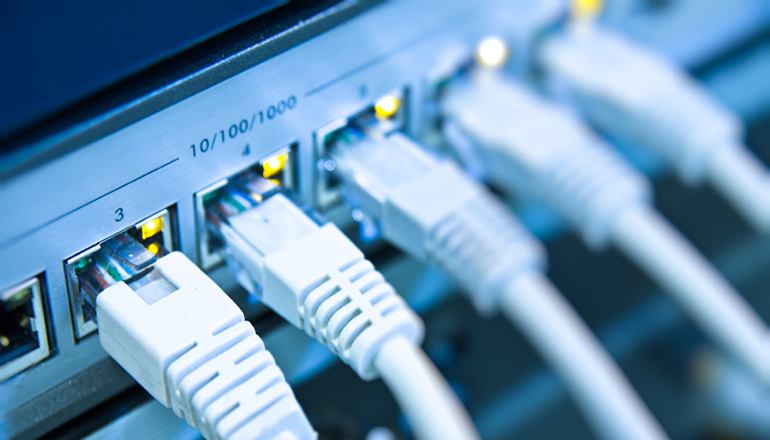Missouri lags behind many other states in broadband access and adoption, limiting people’s ability to participate in the emerging digital economy, digital learning, and even telemedicine.
The trillion-dollar bipartisan infrastructure bill, which passed the Senate this week, includes $65 billion to boost high-speed internet access, along with other funds for roads, bridges, airports, and Amtrak.
Tim Arbeiter, director of broadband development for the Missouri Department of Economic Development, said broadband was a critical issue prior to 2020, but the pandemic brought it to a head.
“When people can’t get connected, it’s because they don’t have internet or their home, or there’s no infrastructure nearby to be able to connect to their home,” Arbeiter explained. “Or they can’t afford it, and there’s a lack of devices.”
In Kansas City, a quarter of residents don’t have broadband at home, and 17% don’t use the internet. Of those who don’t get online at all, nearly 45% are older than 65, more than 45% are Black, and nearly 65% have a high school education or less.
Arbeiter argued along with making sure residents can get connected to the internet, it’s important to help build digital literacy skills.
“What are the various features that you can use technology for, to help you in your daily life, whether that be quality of life, whether that be job applications, whether that be helping your kids and your students through online learning or online homework,” Arbeiter outlined.
The Senate infrastructure bill now goes to the House, where many progressive representatives say it’s not enough. They say it must go hand in hand with a $3.5 trillion bill focused on poverty, health care, and climate change.







